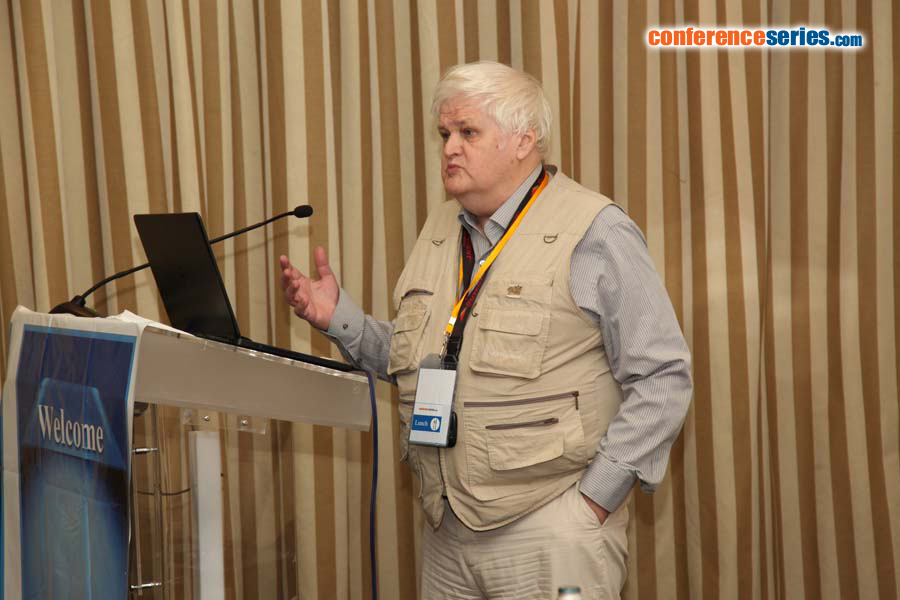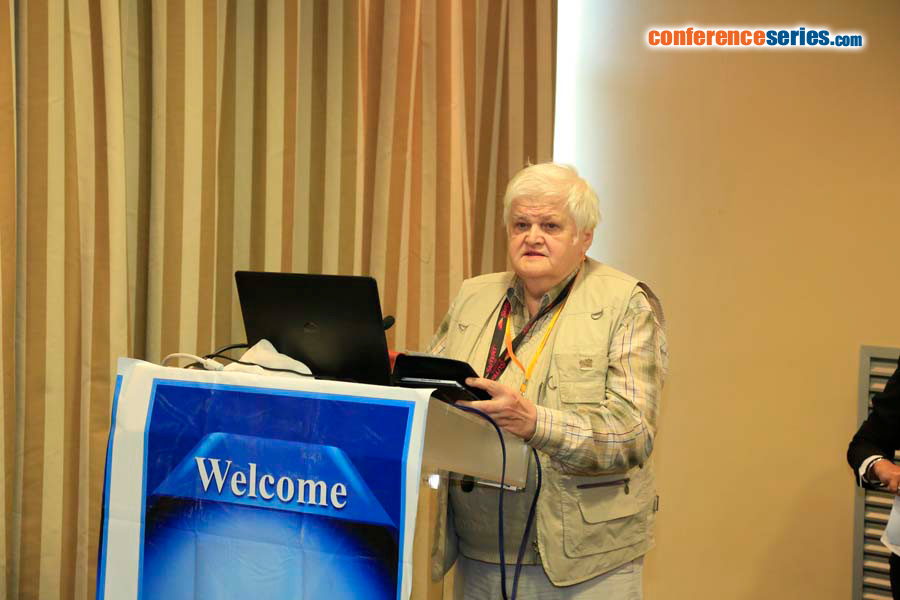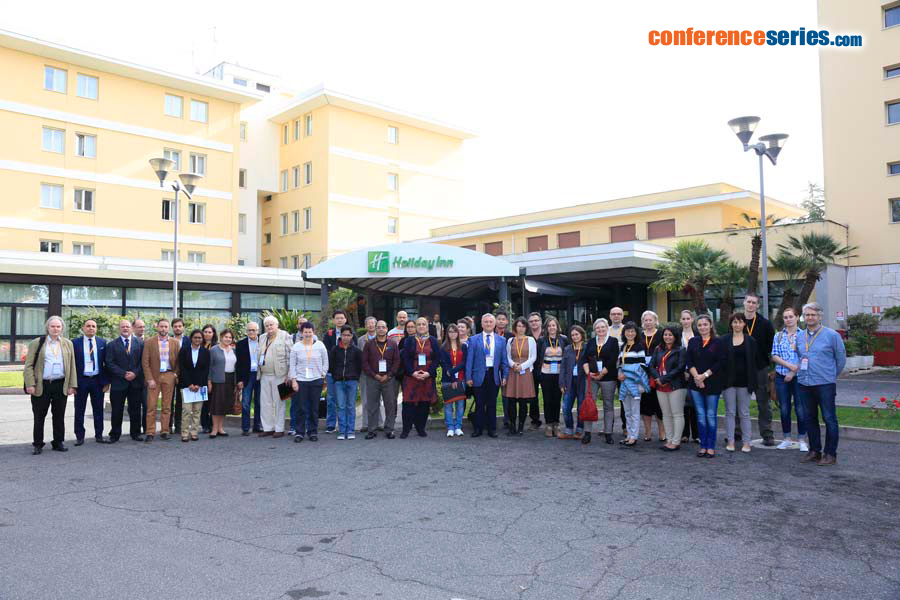
Alexander A Zamyatnin
A.N. Bach Institute of Biochemistry, Russia; Universidad Técnica Federico Santa Maria, Chile
Title: Fragments, fragmentome and fragmentomics in proteomics
Biography
Biography: Alexander A Zamyatnin
Abstract
Natural fragmentation of biological molecules is well known. Fragmentary structural organization is characteristic of both the simplest and most complex biological molecules. Low molecular weight fragments of biological substances can be easily seen on metabolic maps. Therefore, the term “fragmentomics” is grounded and defined, the bases and determination are given for the notion of the “fragmentome” as a set of all fragments of a single substance as well as for global fragmentome of all chemical components of living organisms. A steady increase in the number of publications dealing with protein fragment has been seen in recent years. For some proteins, there are already hundreds of fragments that have been studied in detail, and it seems that concepts concerning functional importance of the totality of possible fragments of a single protein will be formed. For peptide structures, fragmentomics can be considered as a notion that combines proteomics and peptidomics. EROP-Moscow (Endogenous Regulatory Oligo Peptides) database demonstrates structural and functional variety of possible protein fragments. Formation of an exogenous-endogenous pool of oligopeptides in an organism and correlation of these data with concepts of structure-functional continuum of regulatory molecules is shown on an example of milk and meet protein fragments.
Speaker Presentations
Speaker PPTs Click Here




